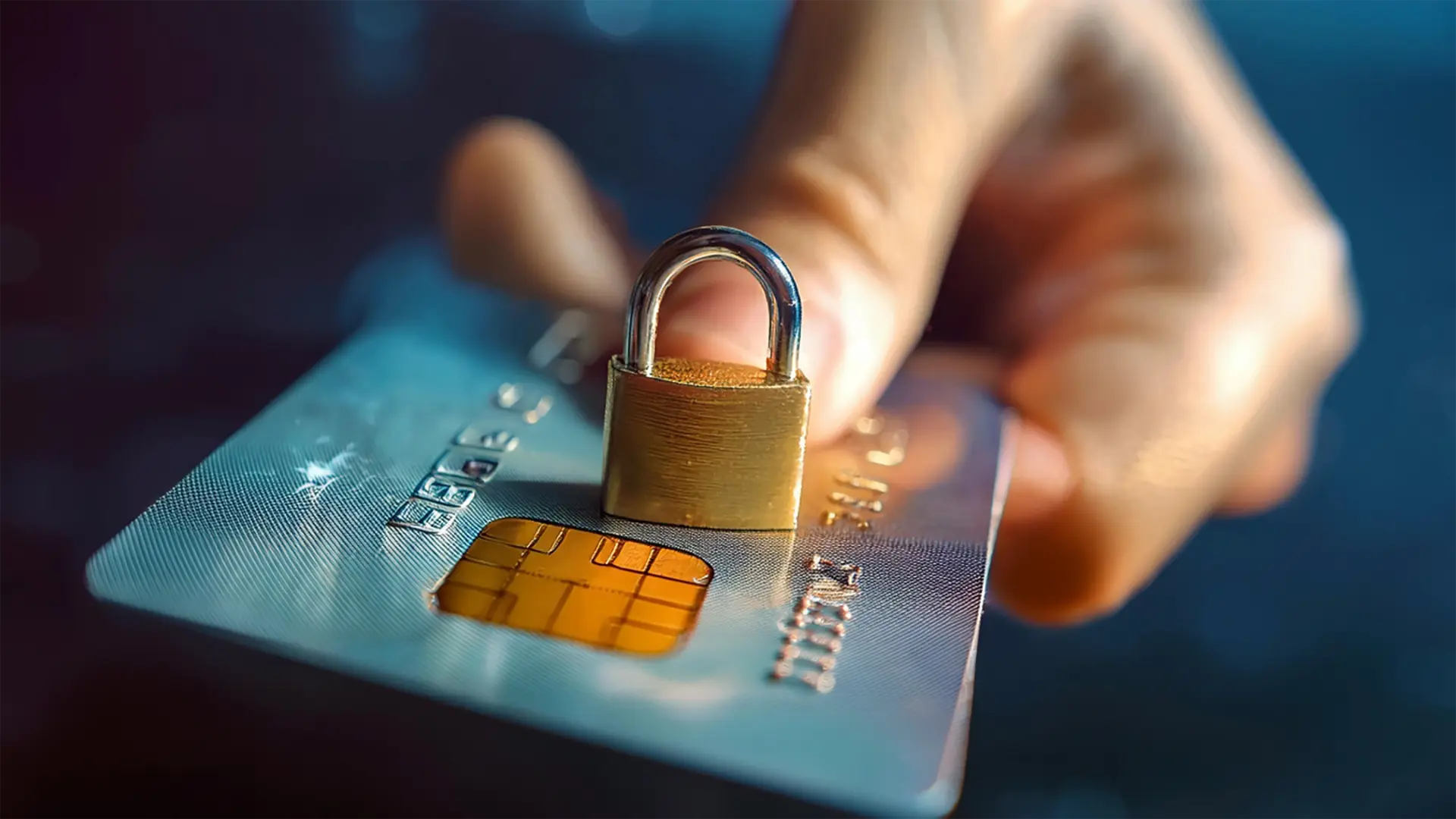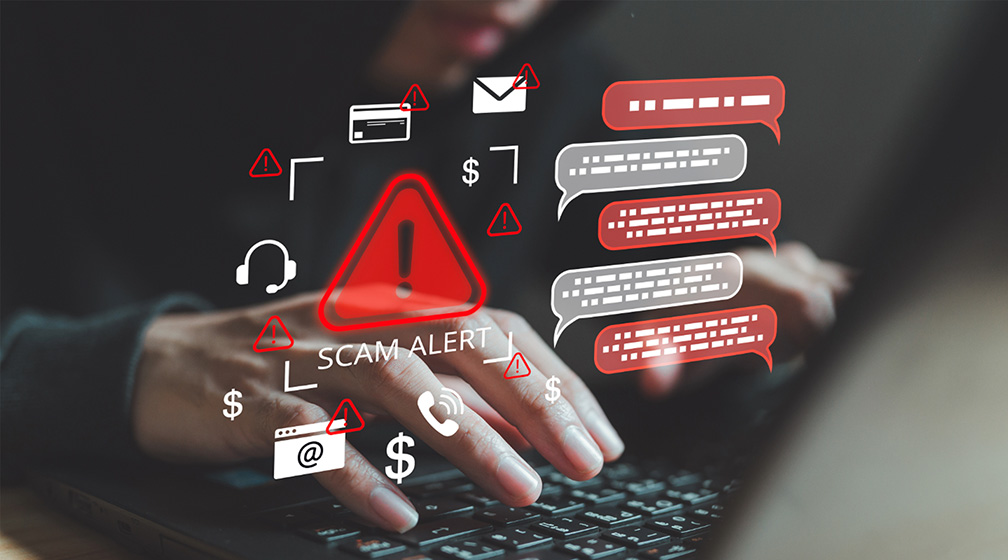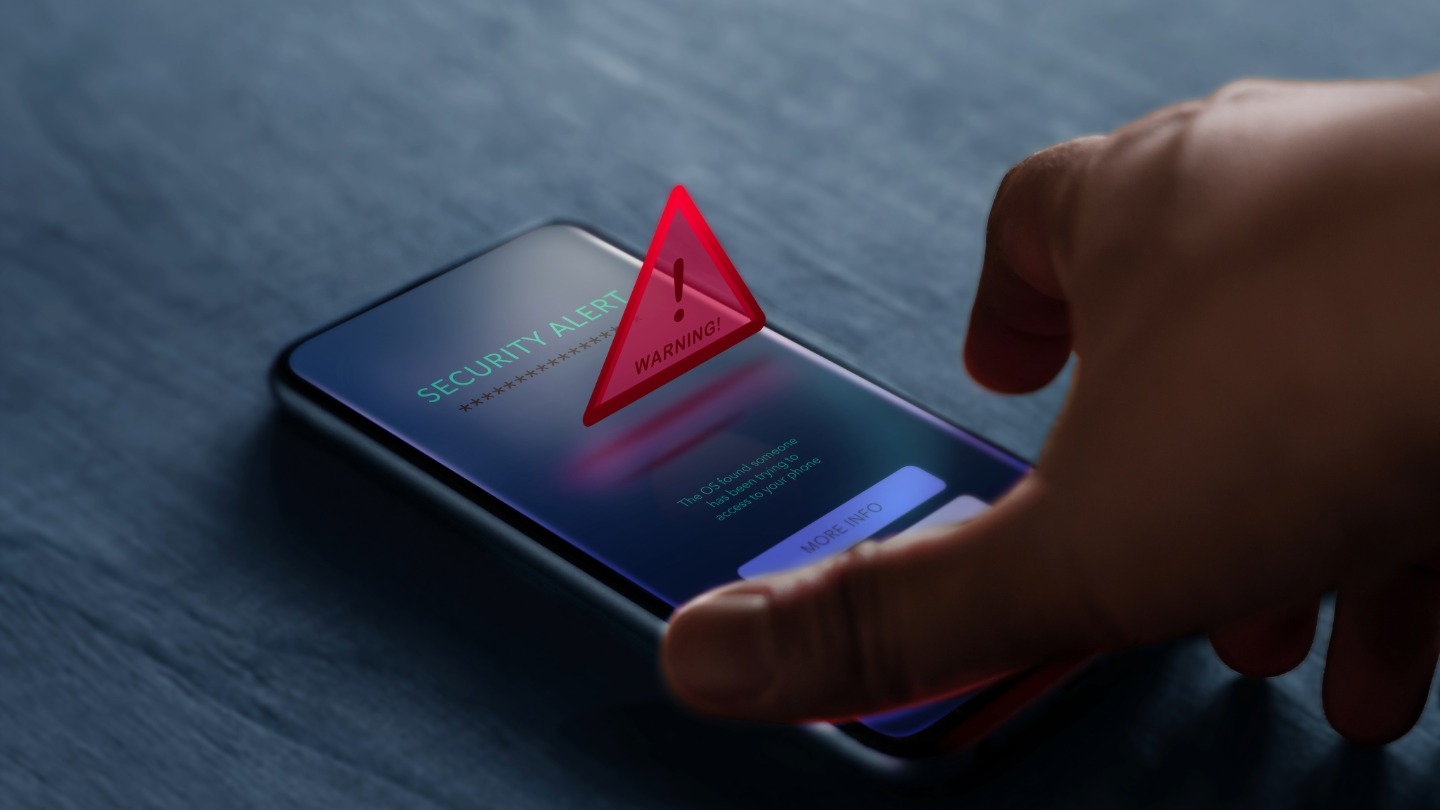
Identity verification is a security tool that can help protect individuals and organizations from digital threats, identity theft, and more by limiting access only to authorized persons. But identity verification isn’t foolproof, and advanced technologies such as blockchain and biometric authentication can help make it stronger.
Key Takeaways
- The current landscape of identity verification has several key challenges.
- Blockchain and biometric authentication are technologies with strong potential to help improve identity verification.
- Combining blockchain and biometric authentication could create a powerful platform for identity verification.
The Current Landscape of Identity Verification
Identity verification is a common tool that many individuals and organizations use to help protect accounts, devices, and sensitive data. For example, you may have two-factor authentication (2FA) set up with your bank account to send you a verification email or text before you can access your account, or you may use your fingerprint to unlock your phone.
But there are some key challenges with the current state of identity verification:
- Centralized data storage. Organizations store vast amounts of data (including identity verification credentials and information) in a centralized space, which can leave them vulnerable to data breaches.
- Fragmented verification processes. There is little consistency when it comes to identity verification across businesses and systems. Some may require biometric data (such as your face or fingerprint) to access, while others may only require a password. This can make identity verification cumbersome for the end user and provide opportunities for criminals.
- Lack of user control over data. Individual users have little control over the data collection practices of organizations and are at the mercy of the identity verification requirements those organizations enact.
Despite these challenges, there is an urgent need for effective identity verification. Organizations store a massive amount of sensitive data, and monetary transactions are increasingly conducted online. Identity verification is crucial to help protect data and maintain financial security.
What Is Blockchain Technology?
Blockchain technology is a form of decentralized database that exists across a network in which each machine has a secured copy of the database. No single user or group has total control of the database, and it is very difficult for someone to change or hack the information because it can’t be changed retroactively.
Blockchain can help enable strong identity verification for two reasons:
- Decentralized and immutable record-keeping means that users are less at risk from a large-scale data breach, or from someone tampering with identity data.
- Blockchain technology allows greater transparency and trust, because users can provide their own identity verification data that is hidden from the public eye and accessible to the end user.
Self-sovereign identity (SSI) projects are advancing the concept that people can store and maintain their own decentralized identity data and choose which information can be shared with validators without relying on a centralized database. Current potential solutions for SSI include:
- Healthcare records could be managed and controlled by patients using SSI to promote better healthcare and data privacy.
- Government agencies could use SSI to verify the identity of citizens for voter identification or access to government benefits.
- The financial sector could use blockchain to facilitate and record transactions, helping lower the risk of identity theft or fraud. This is already common practice with cryptocurrency.
- Digital identity wallets can store identity documentation, keep track of multiple payment methods, and house credentials. These wallets would belong to and be controlled by the individual user.
What Is Biometric Authentication?
Biometric authentication verifies user identity using unique biological traits, such as your fingerprint, face, voice, or iris/retina. Biometrics are unique and difficult to forge, convenient, and user friendly.
There are a few disadvantages of biometric authentication:
- Privacy concerns. When organizations store biometric data about their users, privacy concerns may arise.
- Biometric data “belongs” to the individual, but ownership gets complicated when other organizations can store your biometrics.
- Data breaches. When an organization maintains large databases of biometric information, that data is vulnerable to data breaches.
Combining Blockchain and Biometrics: A Powerful Duo
Using blockchain technology to store a person’s identity data, along with biometric authentication to verify identity, can make for a powerful and secure combination. With a linked system, the blockchain would be used to store encrypted biometric data that is difficult for unauthorized parties to access or alter. Then, those biometrics are used to create strong verification processes at the point of access.
Future Trends and Developments in Identity Verification
Widespread implementation of blockchain technology and biometric authentication has not occurred. But there are many possible future trends that could lead to mass adoption:
- AI and machine learning could help enhance the accuracy and efficiency of biometric authentication.
- The adoption of decentralized identities and SSI could empower individuals to manage their own digital identities.
- Governments and organizations may feel pressured to navigate complex issues surrounding technology, data privacy, consent, and more while crafting regulations that prioritize individual rights and enable technology.
Bottom Line
Blockchain and biometric authentication have the potential to revolutionize the future of identity verification. These technologies can solve critical challenges surrounding identity verification, including centralized data storage, fragmented verification processes, and the lack of user control. Together, these technologies can help create a powerful solution for identity verification and management.
Don’t wait for identity verification solutions to protect you – take measures now to help protect your privacy and identity while navigating the digital world. Credit monitoring with IdentityIQ services can offer identity protection and provide you with powerful tools to help safeguard your personal data.







